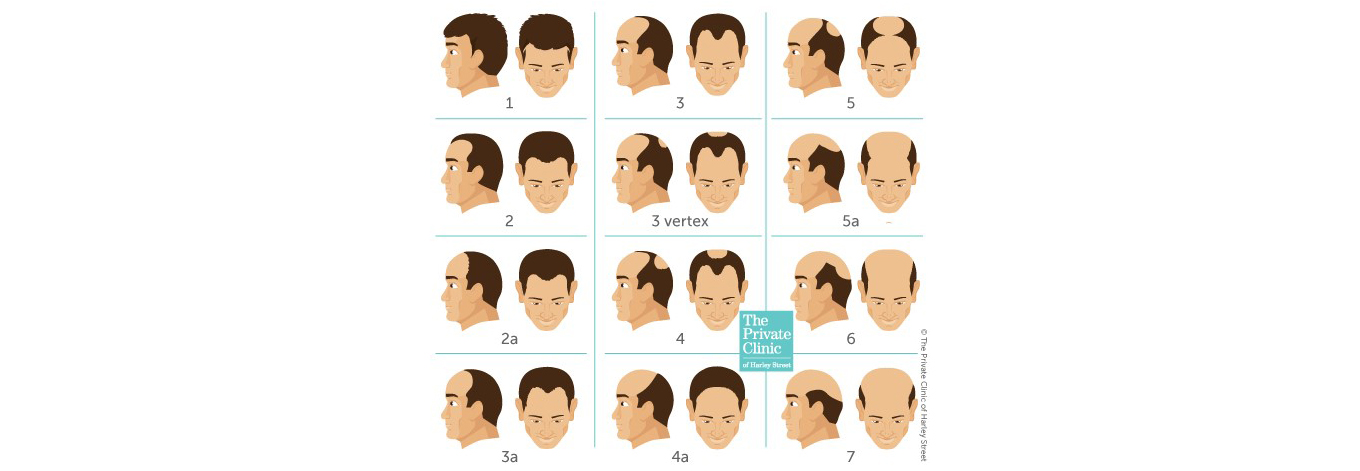
Category: Hair Loss

Scalp micropigmentation, also known as SMP is a procedure that uses cosmetic tattooing to replicate the appearance of hair...
Read More

There are many different variations of scalp micropigmentation treatments and the methods and techniques used will vary depending on...
Read More

Scalp micropigmentation (SMP) is becoming a popular procedure across the UK for many who are seeking treatments to disguise...
Read More

Freelance journalist and filmmaker Michael Segalov opens up about his hair loss journey in The Observer Magazine.
Read More
What is hair loss? Hair loss may also be referred to as alopecia or baldness. It is simply when...
Read More

Did you know that about one-third of women will experience hair loss at some time in their lives? Female...
Read More

If you are looking into hair transplant procedures especially here at The Private Clinic you may have heard of...
Read More

When it comes to issues with the female hair, the instinct is usually to speak to your hairdresser. But...
Read More

Traction alopecia in women is also known as ‘Ballerina Baldness’ as it is often caused by hair being pulled...
Read More

Many males accept hair loss as just a sign of ageing and that there is nothing they can do...
Read More




